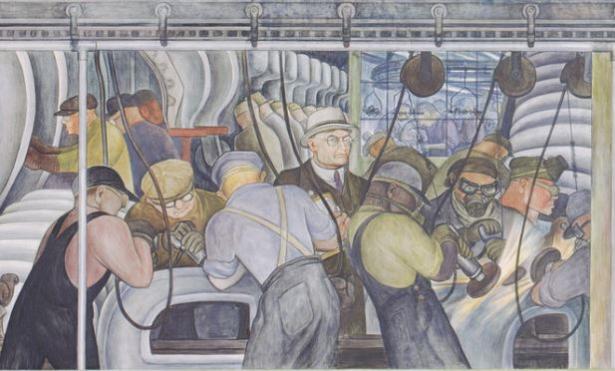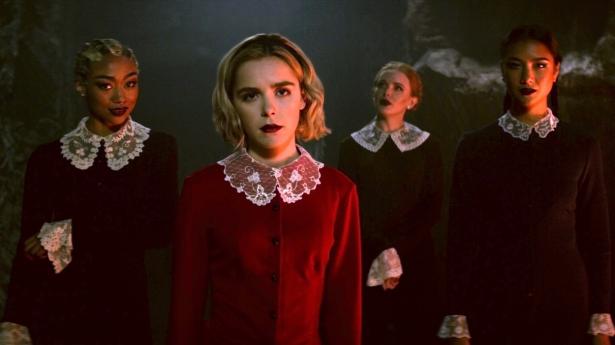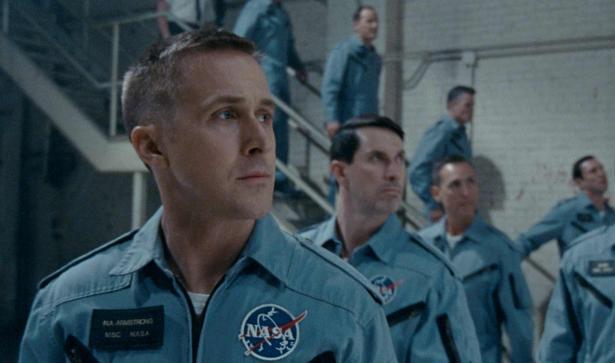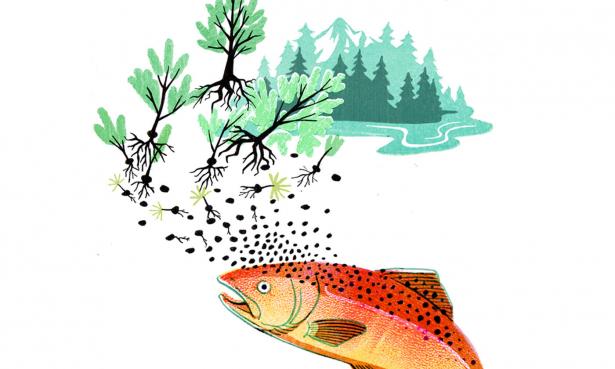The Making of Corporate Empire
November 1, 2018 Against the Current

Focusing on Ford Motor Co.’s rise, the author posits a connect between racial practices in the United States, Brazil, and South Africa and Ford’s divisive labor processes, seeing racism as an essential element in the creation of global capitalism.









Spread the word